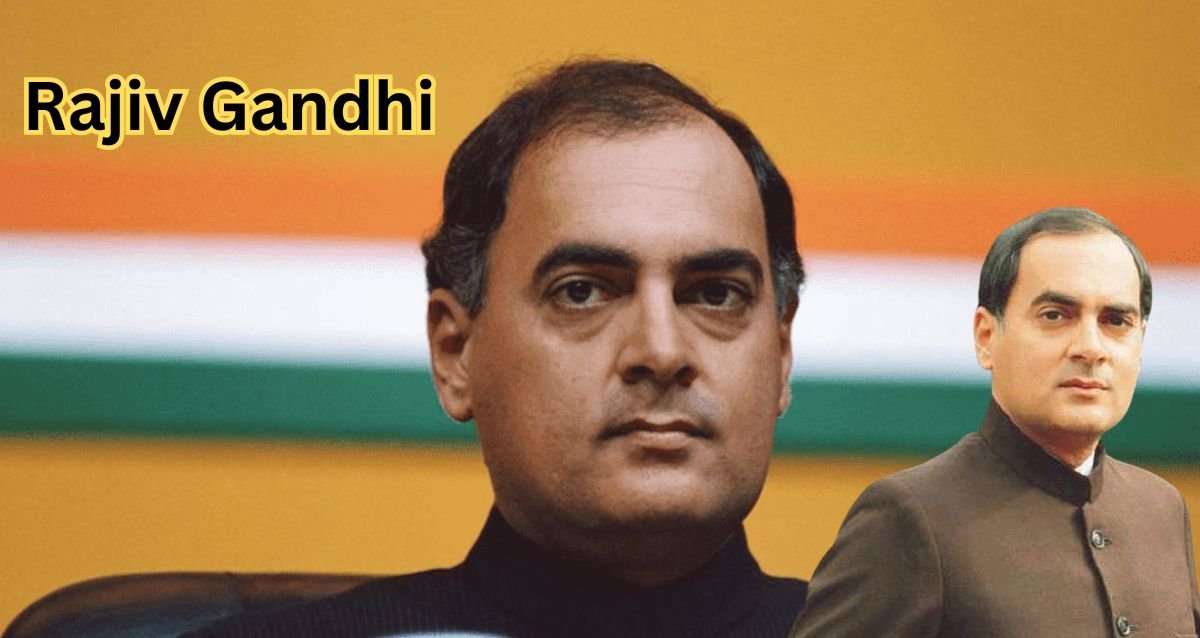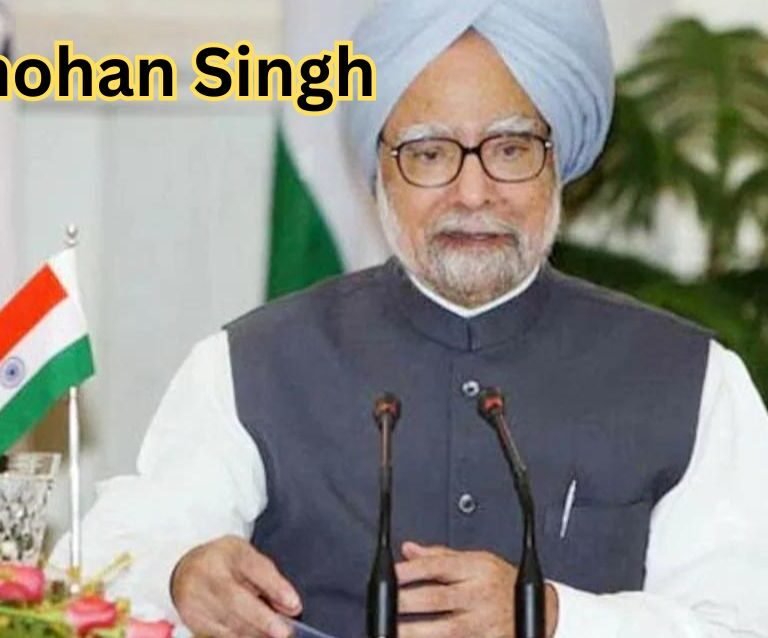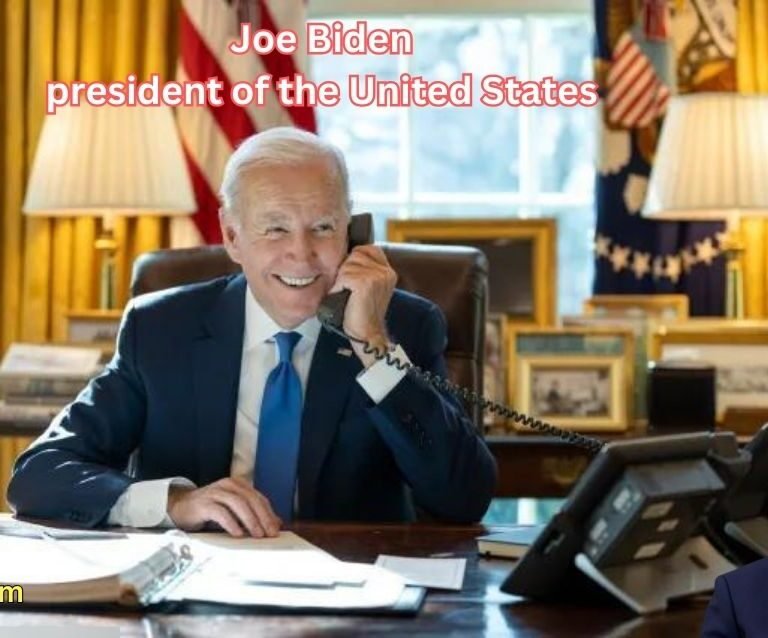Rajiv Gandhi was born on August 20, 1944, in Mumbai, India, into the illustrious Nehru-Gandhi family
Rajiv Gandhi was born on August 20, 1944, in Mumbai, India, into the illustrious Nehru-Gandhi family, a lineage that has played a pivotal role in shaping modern India. As the first son of Indira Gandhi, who would later become the Prime Minister of India, and Feroze Gandhi, Rajiv was exposed to the world of Indian politics from a tender age. His upbringing was deeply influenced by the political and cultural heritage of his family, which laid the foundation for his future political career.
Rajiv’s education began at The Doon School, one of India’s most prestigious institutions. Located in Dehradun, this school is known for producing many of India’s prominent leaders and intellectuals. At Doon, Rajiv was not only educated academically but also imbued with a sense of social responsibility and leadership. His time there played a significant role in molding his character and reinforcing the values he grew up with at home.
After completing his early education in India, Rajiv went abroad for higher studies. He attended the University of Cambridge in the United Kingdom, where he pursued a course in engineering. While at Cambridge, Rajiv was exposed to a broader worldview that extended beyond the confines of his native country. His time in the UK allowed him to interact with people from various cultural and academic backgrounds, thereby enriching his understanding of global issues.
Throughout his education, Rajiv Gandhi was influenced by various figures who left indelible marks on his formative years. His mother, Indira Gandhi, was undoubtedly the most significant influence, instilling in him the principles of public service and dedication to the nation. The combination of his elite education and influential family environment shaped Rajiv’s worldview, setting the stage for his future role as India’s youngest Prime Minister.
Personal Life and Family
Rajiv Gandhi was born on August 20, 1944, into the renowned Nehru-Gandhi family, a lineage deeply embedded within India’s political landscape. Despite his political heritage, Rajiv’s early life was far removed from the corridors of power, marked instead by a career in aviation. His private life took a significant turn in 1968 when he married Sonia Maino, an Italian national. Their union was a fusion of diverse cultures and evoked significant public interest.
Their marriage stood as a testament to their commitment and resilience, weathering various challenges while maintaining a relatively low profile. Together, Rajiv and Sonia Gandhi raised two children, Rahul Gandhi and Priyanka Gandhi. The family resided in the capital city of New Delhi, where they led an ordinary, albeit privileged, life. Rahul and Priyanka grew up under the watchful eyes of the media, yet Rajiv and Sonia endeavored to shield them from the intense public scrutiny that came with the Gandhi name.
Throughout the 1960s and 1970s, Rajiv Gandhi remained decidedly apolitical, favoring his career as a commercial pilot for Indian Airlines over any active role in politics. This period allowed him to cultivate a life grounded in personal interests and profession rather than the politically charged environment his family was known for. However, this tranquil chapter of his life concluded abruptly with the untimely death of his younger brother, Sanjay Gandhi, in an air crash in 1980.
Rajiv’s transition from a private individual to a political figure was sudden and marked by a sense of duty. Urged by his party and family, he entered the turbulent world of Indian politics to continue Sanjay’s legacy. Rajiv’s entree into public service wasn’t just a mere obligation; it reflected a profound shift from his initial aspirations, redefining the trajectory of his life and that of his family. The personal sacrifices and adjustments made during this transition underscore Rajiv Gandhi’s commitment to his family’s enduring legacy in India’s political domain.
Entry into Politics
Rajiv Gandhi’s advent into the political landscape was marked by reluctance and a sense of duty following the untimely demise of his brother, Sanjay Gandhi. Sanjay’s tragic death in a plane crash in 1980 left a void not only within the family but also within the Indian National Congress, where Sanjay held considerable political influence. Rajiv, who had previously been focused on a career as a commercial pilot, found himself stepping into the public sphere, driven by a sense of responsibility to uphold his family’s legacy.
Initially, Rajiv Gandhi’s role within the Indian National Congress was somewhat low-key, as he began his political apprenticeship under the guidance of his mother, Prime Minister Indira Gandhi. His early years were characterized by learning the intricacies of Indian politics, understanding the party’s ethos, and building a rapport with political colleagues as well as the general public. Despite his relative inexperience, his calm demeanor and modern outlook began to endear him to many, both within the party and across the nation.
Rajiv’s political immersion was gradual but steady, as he took on more significant responsibilities and began to shape his own political identity. His initial tasks included organizational roles within the Indian National Congress and representing notable constituencies. He also spearheaded various initiatives aimed at reforming and modernizing the party structure, reflecting his vision of development and progress.
As Indira Gandhi recognized his growing competence, Rajiv Gandhi started taking a more prominent position in governmental affairs. His involvement evolved from administrative functions to participative roles in critical policy decisions and national issues. This period was crucial as it molded his administrative acumen, strategic thinking, and resilience—qualities that would later define his prime ministerial tenure.
Thus, Rajiv Gandhi’s entry into politics symbolized a transition not only in his personal journey but also in the broader narrative of the Indian political framework. His reluctant yet inevitable plunge into the political domain set the stage for his significant contributions to India’s socio-economic and political landscape.
Premiership: From Tragedy to Leadership
Rajiv Gandhi’s ascension to the position of Prime Minister was both unexpected and tragic. In October 1984, the assassination of his mother, Indira Gandhi, thrust him into a role that he had been reluctant to embrace. Despite his initial hesitations, Rajiv Gandhi stepped up during one of India’s most tumultuous periods. His ability to handle the immediate chaos in the aftermath of the assassination displayed remarkable resilience and a commendable sense of duty. With the nation grieving, Rajiv’s primary aim was to bring stability and restore a sense of order.
Upon taking office, Rajiv Gandhi prioritized addressing the internal strife that the country was experiencing. The anti-Sikh riots erupted in the wake of Indira Gandhi’s assassination, presenting Rajiv with a daunting challenge. His initial steps to quell the violence and initiate peace displayed a blend of empathy and decisiveness. However, critics argue that his administration’s response was insufficiently prompt and effective, leaving a lasting blemish on his early days as a leader.
As India’s youngest Prime Minister, Rajiv Gandhi brought a fresh perspective to governance. He embarked on a series of ambitious reforms aimed at modernizing India. His tenure saw a significant push towards liberalization, dismantling the rigid socialist structures that had defined the Indian economy for decades. Rajiv’s leadership era is often remembered for pioneering the information technology and telecommunications revolution in India. His policies laid the groundwork for India to emerge as a global IT hub in the subsequent decades.
Nevertheless, Rajiv Gandhi’s tenure was not without its share of challenges and controversies. Allegations of corruption, such as those surrounding the Bofors scandal, marred his administration’s credibility. Moreover, his decision to deploy the Indian Peace Keeping Force to Sri Lanka drew significant criticism and entangled India in a protracted ethnic conflict. These issues, combined with the growing political opposition, culminated in a challenging environment for his premiership.
Despite the mixed legacy, Rajiv Gandhi’s contributions to India’s modernization and the resilience he showed in times of adversity have secured his place in the annals of Indian history. His leadership journey, forged from tragedy, remains a significant chapter in understanding the complexities and growth trajectories of modern India.
Economic and Technological Initiatives
Rajiv Gandhi’s tenure as India’s Prime Minister saw a paradigm shift in the nation’s economic and technological landscape. Understanding the need for modernization, he undertook several initiatives aimed at transforming India into a more self-reliant and forward-looking nation. One of his hallmark contributions was the promotion of computerization. Rajiv Gandhi envisioned a technologically-advanced India and took decisive steps to lay the groundwork for what would become the nation’s robust information technology sector. By encouraging the use of computers in various government departments and educational institutions, he set the stage for India’s future status as a global IT powerhouse.
The telecommunications sector also underwent significant changes under Rajiv Gandhi’s stewardship. He recognized the importance of a well-connected nation and spearheaded the expansion of telecom networks across urban and rural areas. This initiative not only facilitated better communication but also supported economic growth by connecting markets, enabling better access to information, and fostering business opportunities.
Economic liberalization was another major focus of Rajiv Gandhi’s administration. He introduced policies aimed at reducing bureaucratic red tape and opening up the Indian economy to both domestic and international investments. These reforms were particularly vital for the manufacturing and services sectors, which experienced substantial growth and modernization as a result. By encouraging private sector participation and lowering trade barriers, Rajiv Gandhi paved the way for future liberalization measures that continued to transform the Indian economy through the 1990s and beyond.
The cumulative impact of Rajiv Gandhi’s economic and technological initiatives cannot be overstated. By fostering a culture of innovation and openness, he laid the groundwork for India’s subsequent economic boom. His vision and policies have had enduring benefits, not only stimulating immediate economic growth but also positioning India as a crucial player in the global technology sector. Rajiv Gandhi’s legacy in these areas continues to influence the nation’s developmental trajectory, underscoring his pivotal role in shaping modern India.
Domestic and Foreign Policies
Rajiv Gandhi’s tenure as India’s Prime Minister was marked by significant reforms in both domestic and foreign policies. On the home front, one of his major initiatives was aimed at reducing corruption, which had widely infiltrated various levels of government and public institutions. To combat this issue, Rajiv introduced measures to streamline the bureaucracy and enhance transparency. The introduction of the Anti-Defection Law in 1985 exemplified his commitment to ethical governance, aiming to curb political defectors and ensure political stability.
Another cornerstone of his domestic policy was decentralization. Rajiv Gandhi recognized the need for a more efficient and accountable administrative system. He championed the 73rd and 74th Constitutional Amendments, which gave greater autonomy and authority to local governing bodies like Panchayats and Municipalities. This move not only brought administration closer to the grassroots level but also fostered greater public participation in governance and local development.
In terms of foreign policy, Rajiv Gandhi sought to maintain India’s non-aligned stance during a time when the Cold War’s geopolitical tensions were at their peak. He emphasized the importance of diplomatic independence, ensuring that India did not align itself with either of the two superpowers of the era, the United States and the Soviet Union. Rajiv Gandhi’s foreign policy was characterized by a vision of peaceful coexistence and mutual respect among nations.
Rajiv’s international engagements included efforts to strengthen ties with neighboring countries and fostering bilateral relations with a range of global powers. Notably, his visit to China in 1988 opened new avenues for Sino-Indian relations, which had been strained since the 1962 border conflict. Additionally, he played a crucial role in advocating for global nuclear disarmament and worked towards seeking peaceful resolutions to regional conflicts in South Asia.
Overall, Rajiv Gandhi’s leadership was instrumental in shaping India’s modern domestic and foreign policies, leaving an enduring legacy that continues to influence the nation’s governance and international relations.
Controversies and Criticisms
Rajiv Gandhi’s tenure as India’s youngest Prime Minister was marked by a series of controversies and criticisms that significantly impacted his political legacy. One of the most notable scandals during his administration was the Bofors scandal, which erupted in the late 1980s. The Bofors scandal involved allegations of kickbacks in a defense equipment deal between the Government of India and the Swedish arms manufacturer Bofors AB. The controversy tarnished the image of Rajiv Gandhi’s government, raising questions about corruption at the highest levels of administration. Despite denials and a lack of conclusive evidence implicating Gandhi directly, the scandal remained a significant blot on his reputation.
Apart from external challenges, Rajiv Gandhi also faced considerable opposition from within his own party. Internal dissent became increasingly evident as several senior Congress leaders expressed dissatisfaction with his leadership style and policy decisions. His attempts at centralizing power and decision-making processes created friction among party members, leading to a fragmented and weakened Congress Party.
Political adversaries from opposition parties were quick to capitalize on these vulnerabilities. The late 1980s saw a surge in opposition unity against the ruling Congress Party, with many opposition leaders calling for greater transparency and accountability in governance. The erosion of support from both within his party and the general populace contributed to Rajiv Gandhi’s electoral defeat in the 1989 general elections.
Moreover, Gandhi’s tenure was also marked by criticism over his handling of sensitive regional issues, such as the insurgency in Punjab and the ethnic conflict in Sri Lanka. His decision to send the Indian Peace Keeping Force (IPKF) to Sri Lanka, intended to resolve the civil war, backfired and resulted in a protracted and unpopular military involvement.
Rajiv Gandhi’s decline in political fortunes exemplifies the multifaceted nature of leadership in a democracy, where effective governance is continually tested by internal and external pressures, public expectations, and the intricate dynamics of party politics. His legacy, therefore, remains a complex narrative, characterized by both his reformist vision and the controversies that overshadowed significant portions of his tenure.
Legacy and Impact
Rajiv Gandhi’s tenure as the Prime Minister of India, although cut short by his tragic assassination, left an indelible mark on the nation’s political and socio-economic landscape. His forward-thinking policies and modern approach to governance initiated a series of reforms that aimed at liberalizing the Indian economy, fostering technological advancements, and enhancing India’s connectivity with the global community.
One of Rajiv Gandhi’s significant contributions was the introduction of the information technology and telecommunications revolution in India. By supporting and promoting computerization and the expansion of telecommunication networks, he laid the foundational infrastructure that has since propelled India to become a global leader in the IT sector. His vision of a digitally connected India played a crucial role in transforming the country’s economy and aligning it with global standards.
Economically, Rajiv Gandhi sought to dismantle the License Raj, the regulatory framework that had stymied business growth for decades. Through economic liberalization and encouraging entrepreneurial ventures, he aimed to unleash the potential of private enterprises. These measures have had a cascading effect, inspiring future governments to continue along the path of economic reforms and global integration.
Rajiv Gandhi’s legacy also carries a familial dimension, with his family continuing to play a significant role in the political sphere. His wife, Sonia Gandhi, and children, Rahul and Priyanka Gandhi, have remained influential in the Indian National Congress. They have carried forward his vision and political ethos, striving to address contemporary issues while adhering to the foundational principles set during Rajiv’s leadership.
The socio-political ethos instituted by Rajiv Gandhi extends beyond his immediate reforms. His emphasis on youth engagement and education reform has left a lasting influence, beckoning successive generations to participate actively in India’s democratic processes. His tenure, though often debated and critiqued, remains a pivotal chapter in the narrative of modern India, underscoring the complex interplay of growth, innovation, and enduring political legacy.









